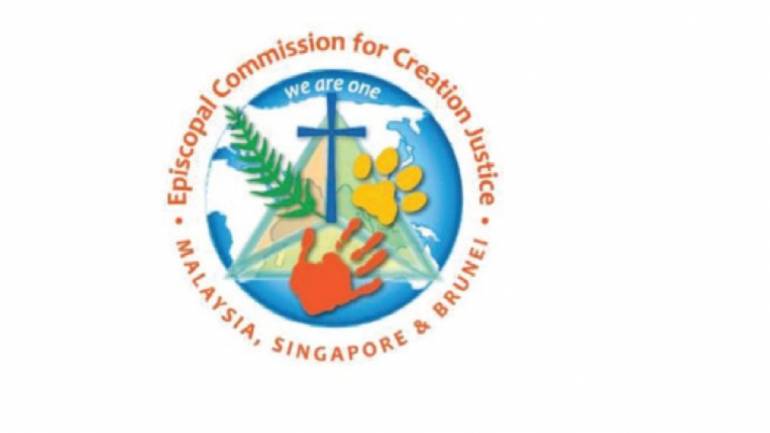Malaysia-Singapore-Brunei bishops launches campaign on reduced paper, wood consumption

The Episcopal Commission for Creation Justice of Malaysia, Singapore, and Brunei launched an ecological campaign focused on reducing the use of wood and paper.
In a statement dated July 1, Malaysian Bishop Joseph Hii, chairman of the commission, explained that this campaign aims to end deforestation.
“When we kill our forests, we destroy the lungs of the planet, worsen global warming, kill precious biodiversity, and threaten the survival of billions of people who rely on forests to live,” he said.
The prelate noted that around 420 million hectares of forest were lost through deforestation between 1990 and 2020, which resulted in the loss of about 10 million hectares every year.
He also pointed out that 2023 was the hottest year on record, with the average global temperatures reaching more than 1.4°C above preindustrial levels.
“This is a dangerous development, considering that the Paris Agreement aimed to limit temperature increase to 1.5°C, a limit we are likely to reach temporarily within these five years,” said Bishop Hii.
The campaign will be launched on September 1 in Kuala Lumpur, coinciding with the 2024 Season of Creation.
“May the grace of the Holy Spirit spur us to hope, and may our hope bear fruit in loving and committed action to build God’s kingdom of love, justice, and peace amidst a world in crisis,” said the prelate.
This ecological program will serve as the fifth year of the Protect Our Earth, Protect Our Children (PROTEC) Campaign that encompasses Malaysia, Singapore, and Brunei.
Since its launch, the PROTEC Campaign has observed a different ecological effort each year: using less electricity (2020); cutting down meat, dairy, and food waste (2021); stopping plastic pollution (2022); and cutting fuel consumption (2023).
Radio Veritas Asia (RVA), a media platform of the Catholic Church, aims to share Christ. RVA started in 1969 as a continental Catholic radio station to serve Asian countries in their respective local language, thus earning the tag “the Voice of Asian Christianity.” Responding to the emerging context, RVA embraced media platforms to connect with the global Asian audience via its 21 language websites and various social media platforms.














